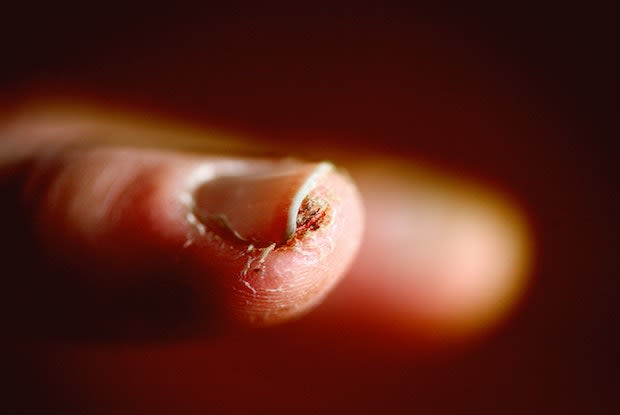Table of Contents
Bacteria and the Body
Most of the time, we live in harmony with bacteria, but that is not always the case. There are helpful bacteria that help us digest the food within our stomach, but harmful pathogenic bacteria can adversely affect our system. Everyone will likely experience a bacterial infection of some sort, but they are typically easy to treat with the proper steps. If you develop a bacterial skin infection, you may be prescribed several antibiotics to kill off an overgrowth of bacteria.
The type of antibiotic you receive depends on what part of the body is infected. Some common antibiotics include amoxicillin, Levaquin (levofloxacin), retapamulin cream, and Keflex (cephalexin). Antibiotics only work against bacterial infections, not viral infections. These medications can impede bacteria from multiplying or kill them entirely. Read on to learn more about risk factors for bacterial infections. [1]
If you have other medical conditions, you are at a greater risk of developing bacterial infections. If you have diabetes, poor circulation, or immune system issues, you should keep your eye out for bacterial infection problems. Having diabetes increases your risk of several health complications. If you have uncontrolled blood sugar levels, your blood vessels will be affected over time. This can increase your risk of poor circulation, making it difficult for blood to reach areas of infection. High blood sugar makes it difficult for the body to fight infection. A minor bacterial infection may become much more serious if you have diabetes. [2] When there is an invader in the body, the immune system goes into overdrive to kill it off as best it can. If the immune system is not working properly, the body cannot fight off germs and bacteria. If you contract HIV or AIDS, the immune system’s white blood cells are destroyed. This is a huge issue because white blood cells help fight infection, so you are more likely to experience dangerous bacterial infections if that function is affected. [3] If you have chronic skin problems, you are more likely to develop other bacterial skin infections like impetigo. Psoriasis, eczema, and dermatitis are often inherited skin disorders that increase your likelihood of bacterial infections. This is also due to the fact that these skin problems cause cracked and broken skin that makes it easier for bacteria to enter the body. [4] Many bacterial skin infections can occur if you do not properly cleanse the skin. Cleansing the skin is especially necessary if you work out frequently. When you work out, the pores of your skin open and sweat. If you re-wear these workout clothes, your skin comes into contact with the dirt and grime caught in the dirty clothes and can lead to inflammation and infection. If you work out frequently, you should take off your gym gear as soon as you are done and take a shower. It is important to take your sweaty clothes off because bacteria easily multiply in warm, humid environments. Other helpful hygiene practices include: Clean clothing is important, but your bathroom hygiene habits make a big difference in your risk of infections as well. Women are more likely to develop bacterial urinary tract infections for several reasons. For one, the female urethra is much shorter than a man’s, making it easier for bacteria to travel into the urinary tract. Bad bathroom habits may also increase the risk for UTIs. If you wipe back to front after having a bowel movement, you can bring bacteria to your urethra, causing a UTI. Because of this, you should always wipe from front to back. The use of douches and feminine hygiene products may also bring unwanted bacteria to the urinary system. If you want to use feminine powders or sprays, you may want to ask your doctor if they are safe for the body. If both men and women hold in their urine for a prolonged period, they are at an increased risk of urinary bacterial infections. Staying immobile for long periods also increases your risk. Because of this, try not to go too long without urinating and try to move your legs at least once an hour. [6] Bacterial infections are often transmissible from person to person through commonly shared items. Infections like athlete’s foot, jock itch, and pink eye are often passed this way. Sharing makeup, combs, and shoes can significantly increase your risk of bothersome infections. This is especially true if the shared item comes into contact with broken skin and bacteria enters the body. It is important to remember that many people pick up infectious germs and bacteria before they feel sick. Our fingers are often vehicles for germs, and you can never be sure your friend or co-worker washes their hands frequently. You should avoid sharing the following items whenever possible: The content in this article is intended for informational purposes only. This website does not provide medical advice. In all circumstances, you should always seek the advice of your physician and/or other qualified health professionals(s) for drug, medical condition, or treatment advice. The content provided on this website is not a substitute for professional medical advice, diagnosis, or treatment.
Pre-Existing Conditions
a. Diabetes
b. Immune System Disorders
c. Other Skin Problems

Hygiene Habits
a. Bathroom Hygiene

Sharing Personal Items
